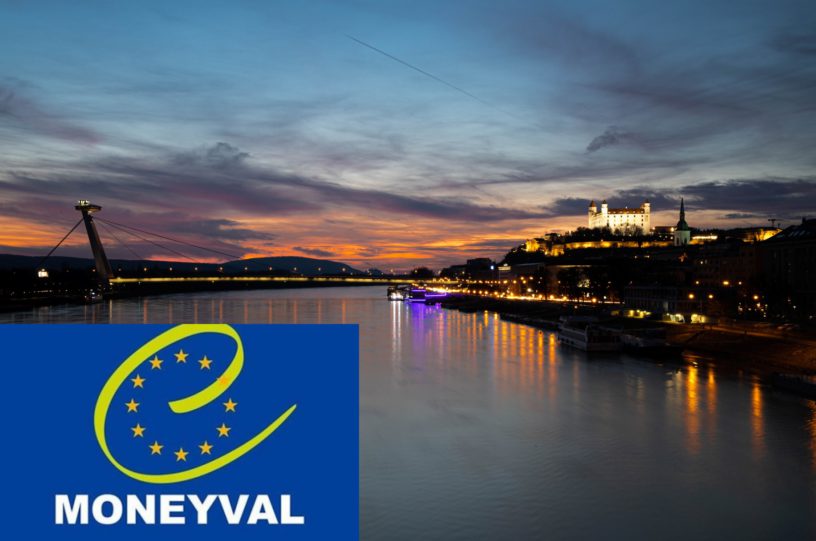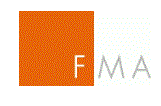By Dan Byrne for AMLi
SLOVAKIA HAS POOR RESULTS in tracing criminal assets owing to a sub-standard knowledge of AML and CTF risks, the Council of Europe has claimed.
In a report published Thursday, the Council – and specifically its anti-money laundering body MONEYVAL – urged Slovakia to tackle money laundering and pursue the dirty funds involved in a systematic manner.
MONEYVAL claims that several important players in the country’s AML framework have only a “moderate” understanding of the risk associated with financial crime.
The resulting flaws have led to a request for the country to engage with MONEYVAL on improvements to be made over the next two years – a so-called ‘enhanced follow up’ procedure.
In a statement accompanying their report, MONEYVAL said that “While some prosecutors have a grasp of money laundering threats… the rest of law enforcement agencies, supervisors and the private sector are grounding their knowledge on the findings of a National Risk Assessment, which is not entirely accurate.”
It concluded that this less-than-desirable grasp on requirements has led Slovakia to obtain “poor results” in using the information available to collect evidence and trace criminal assets.
The report also called out Slovakia on their lack of a central bank account register and beneficial ownership information – two things often noted as essential among politicians and authorities, if an adequate AML framework is to be achieved.
MONEVAL said that Slovakia’s AML efforts are hampered by lack of “proceeds-oriented operative analysis,” logistical and procedural constraints, limitations on seizing assets, and the fact that only fragments of secured assets are usually recovered.
Despite the lack-of-knowledge criticism in certain areas, MONEYVAL did acknowledge that officers within the country’s financial intelligence unit (FIU) appeared able to produce complex analysis. However, this too was hampered by lack of adequate management, reducing efficiency.
In the private sector, some non-financial institutions garnered criticism for being “unable to clearly articulate how money laundering might occur within their institution.”
Slovakia has been invited to report back MONEYVAL on these criticisms, among others, by September 2022.
Share this on:
Follow us on:








